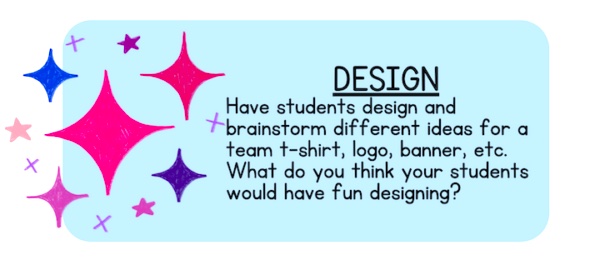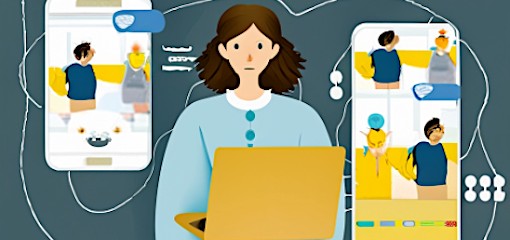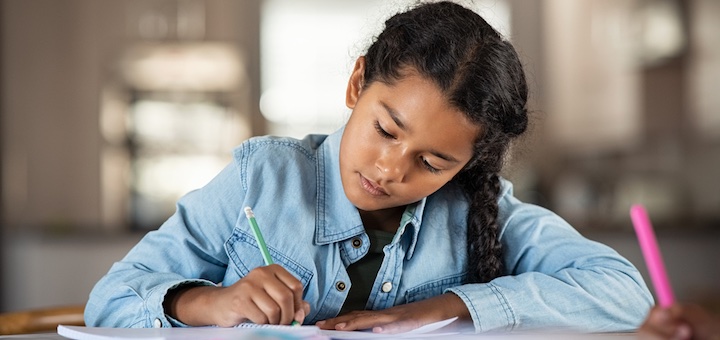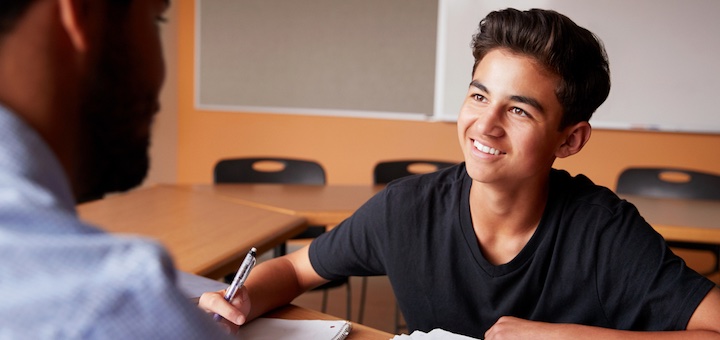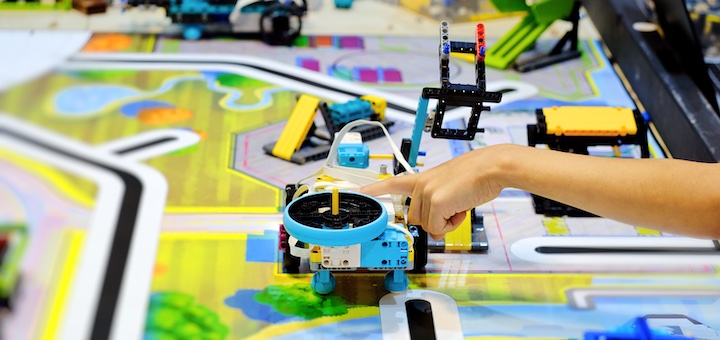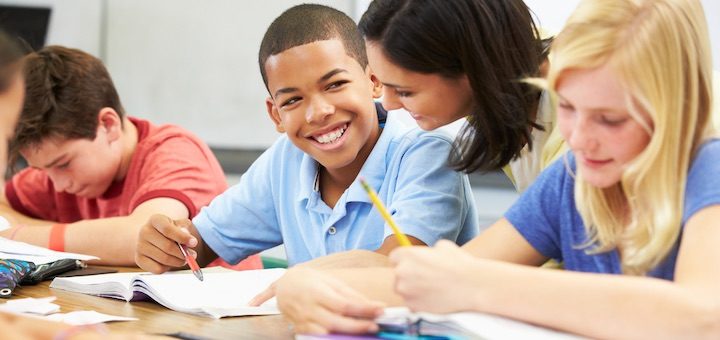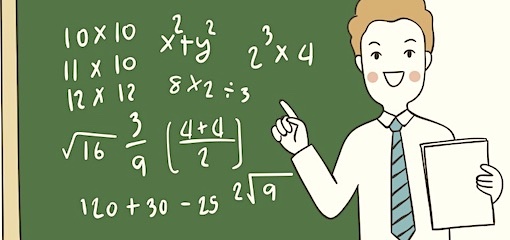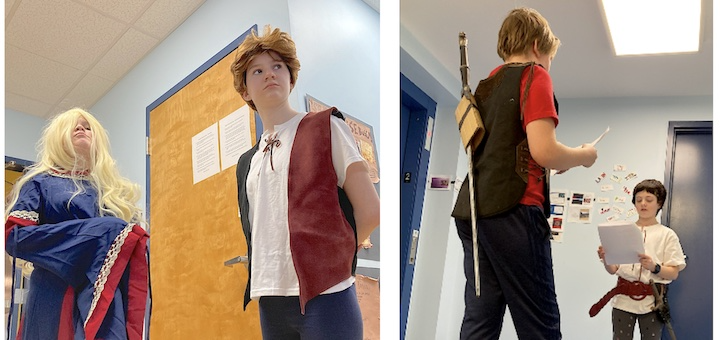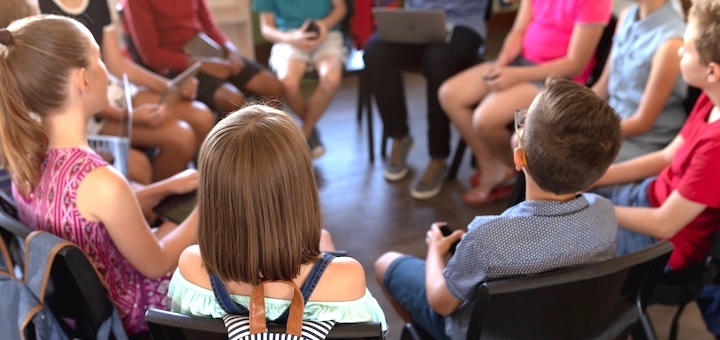Promoting Student Art That Builds Team Spirit
Red peppers have taken over Katie Durkin’s 7th grade team commons area. This year’s logo, banner and t-shirts result from teachers encouraging students to create artwork that fosters community. Katie shares all the steps in her team’s process and the excellent results.

